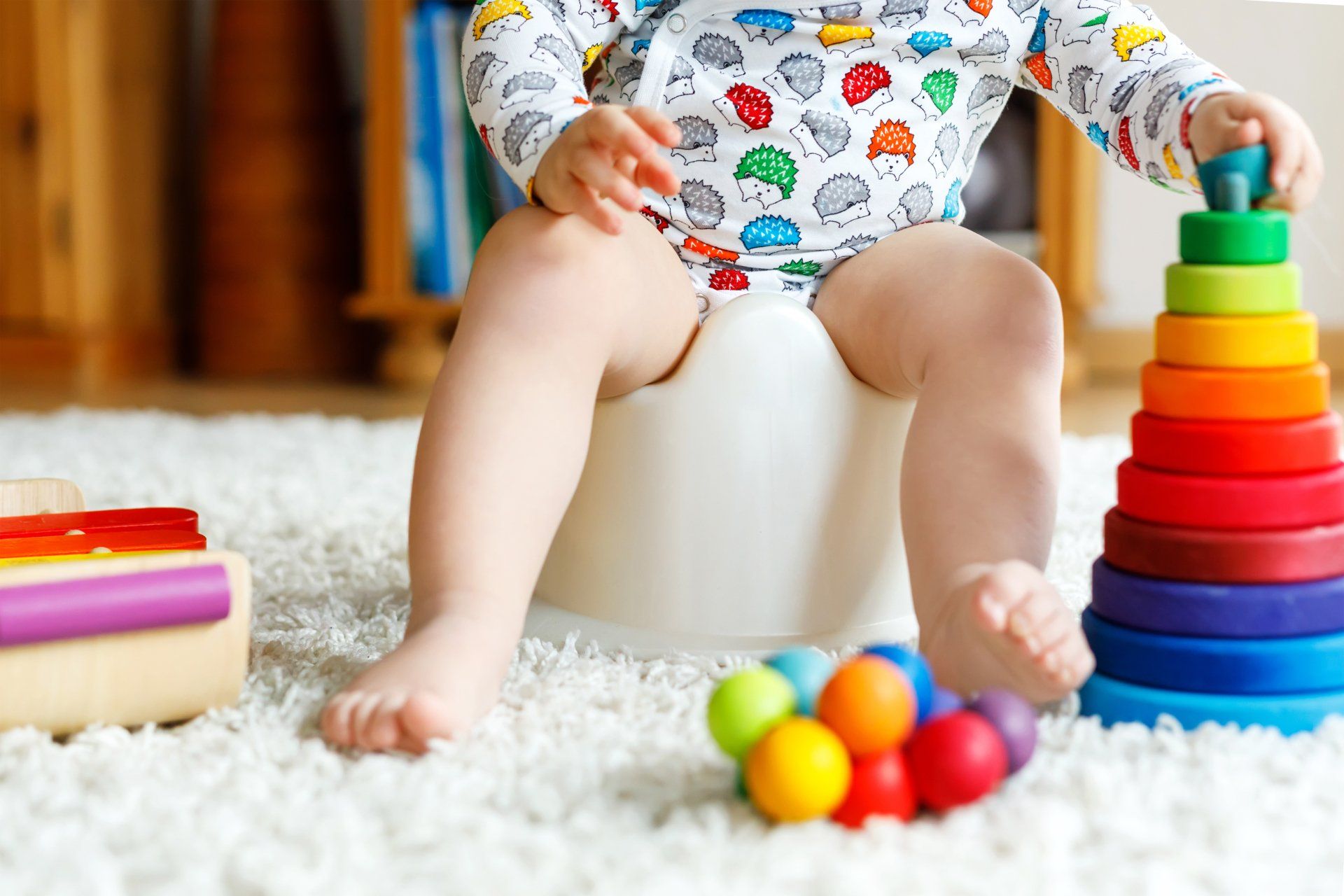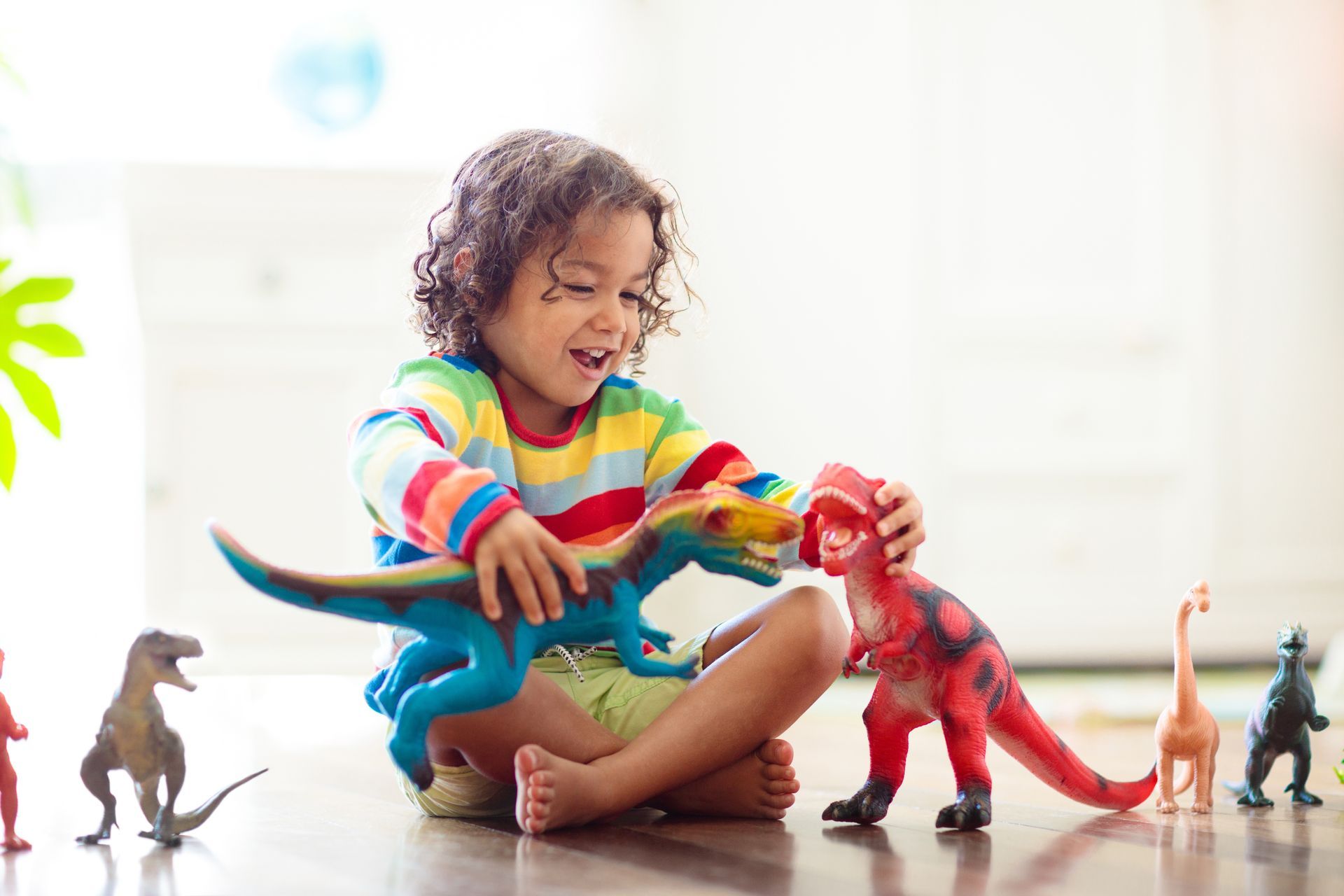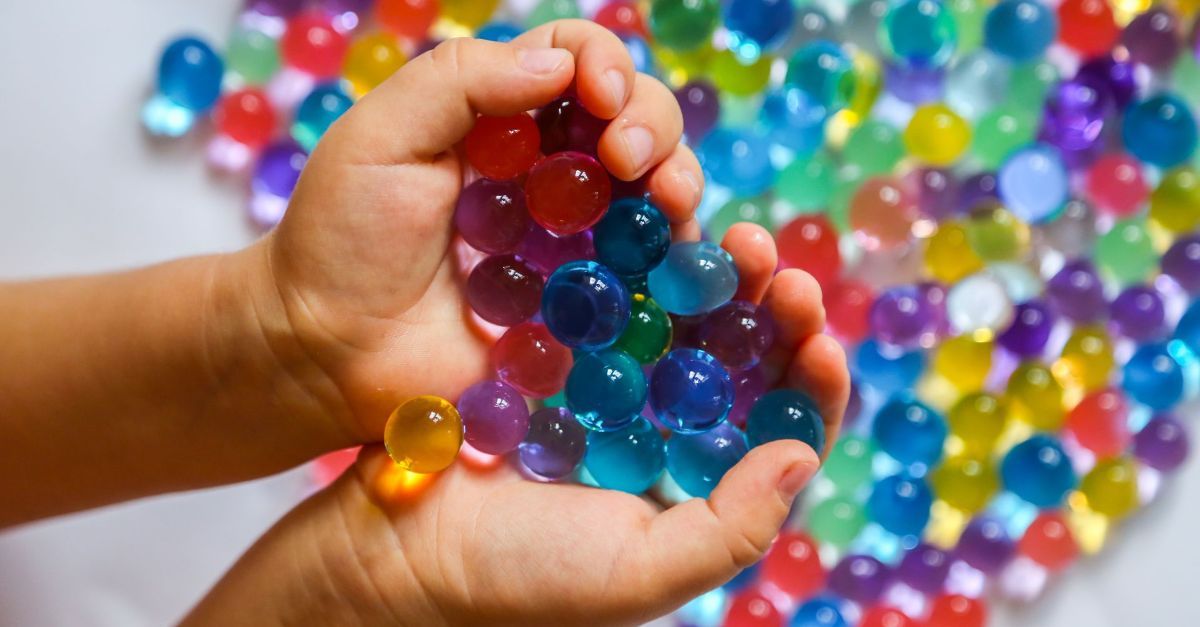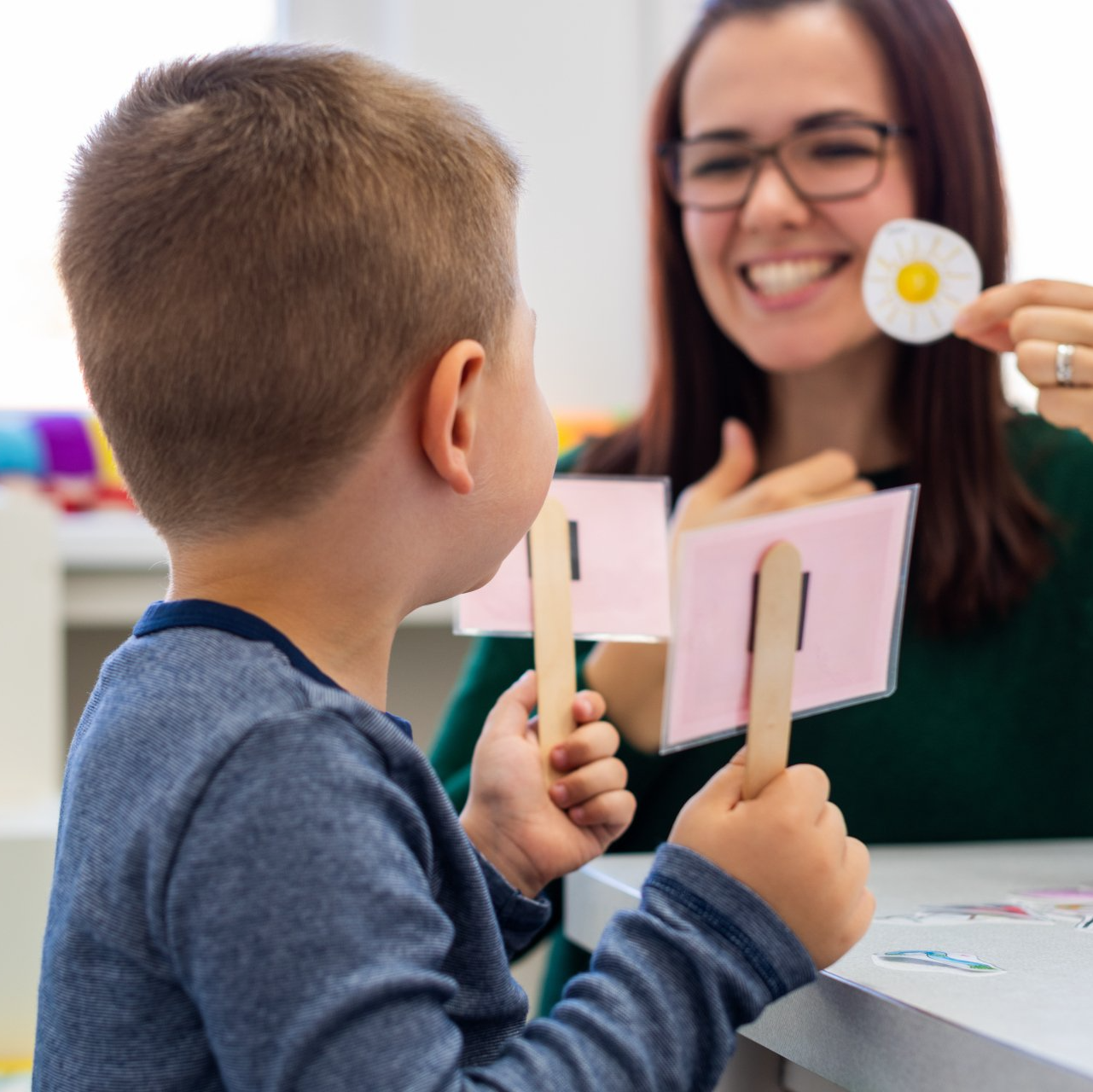Potty Training your toddler
Potty training is an important step in childhood development and success comes when you keep your expectations realistic and your attitude positive.

Potty Training can be a very daunting time in both a childs’ as well as the parent's life. There is no right or wrong way, each child potty trains differently and all children train at different ages. Potty training is an important step in childhood development and success comes when you keep your expectations realistic and your attitude positive.
Look out for the signs that your child is ready to tackle this big challenge of Potty Training. Don’t rush your child. The signs which may indicate that your child is ready to start potty training are that your child stays dry for at least two hours during the day and is dry after naps. They can imitate and follow simple instructions, like a request to walk to the bathroom, sit down, dress or remove their clothes independently and are interested in wearing underwear. Your child knows when their diaper is wet and gets upset, cries, fusses or shows other signs of obvious discomfort when their diaper is soiled. They also indicate through facial expression, posture, or language that it's time to use the toilet, then they are ready to start the process.
Your toddler is still learning vocabulary and different words for the same thing may be confusing. Get everyone on the same page by sticking with the same and consistent terminology used by everyone who cares for your toddler. Chat casually about diaper routine as you change your toddler's diaper, talk to them about what is in their diaper. This is a chance to discuss the terminology you will be using during training.
We encourage a relaxed attitude and accept that it will not be perfect right from the start. Use opportunities like when your toddler follows you into the bathroom to take the time to talk out loud about how you are using the toilet, how you wipe with a little bit of paper, how you flush the toilet and then, how you wash your hands with soap and water afterwards. Even if you think your toddler isn’t focused, they’re absorbing the patterns little by little. Laugh together, clap your hands, cheer your child on to give it a try. This needs to be an exciting time for the children. Children need to be praised when they use the toilet accurately and not to be reprimanded too sternly for having an “accident”. As the children become more able the “accidents” will lessen and their ability to communicate their toilet needs will improve. Keep the praise coming, and don’t scold or criticize. When you notice that your toddler’s diaper is dry, mention it to them and congratulate them on staying dry! Encourage your child and give constant reminders that they need to go to the toilet.
We do not advise you use “pull up” nappies while potty training as the feel of a nappy is the same as an ordinary nappy so children can`t distinguish between the two.
As this is a new experience for the children, they will not tell you straight away when they need to use the toilet. It is the adult`s responsibility to ensure that the child is taken to the bathroom at regular intervals. Consider having your child sit on the potty, whether they have to go or not, including first thing in the morning, before you leave the house, and before naps and bedtime. Once they are familiar with the feeling of using the toilet and how their body feels at that moment they will start knowing what to expect. Parents need to monitor patterns of bowel movements so that accidents may be avoided. E.g. if you know your child makes a poo in the mornings around breakfast time, then they must be taken to the toilet around then to try and catch it in time. The more success they have, the quicker the process.
In the beginning stages, boys may sit when using the toilet, standing will come with age. Parents must ensure that children use the toilet before leaving the house. Should you choose to put your child in a nappy (with undies over the nappy) for the car trip; it should be removed immediately once the destination has been reached.
We are not expecting children to be dry through the night or at sleep time, these are acceptable times to put your child back into a nappy but as soon as they wake up, the nappy must be removed and the child must be taken to the bathroom.
The cardinal rule to avoiding a power struggle? Never ask "Do you need to potty?". Instead, prompt children with 'Come, let's go use the potty.', 'It's time to go use the potty now.'
For Nighttime Potty Training Success, buy sheet protectors, or layer multiple fitted sheets for easier changes if your child has an accident. Limit drinks one hour before your child's bedtime and encourage them to use the potty a half-hour before they go to bed and again right before bedtime. Wake up your child to use the potty before you go to sleep.
Tell them to go to the bathroom any time they wake up during the night or call you if they need you to go along. Remember, your child can't always control whether they wet the bed, so it's important to stay positive.











